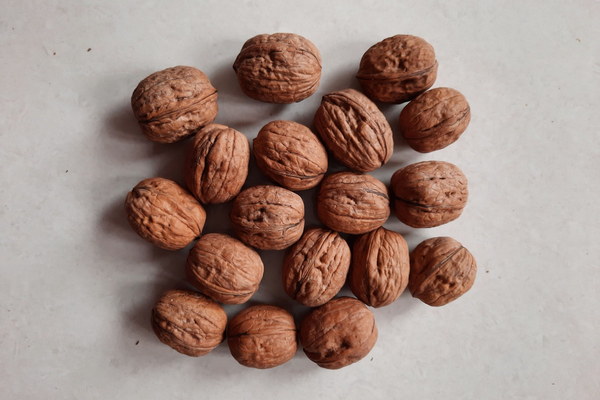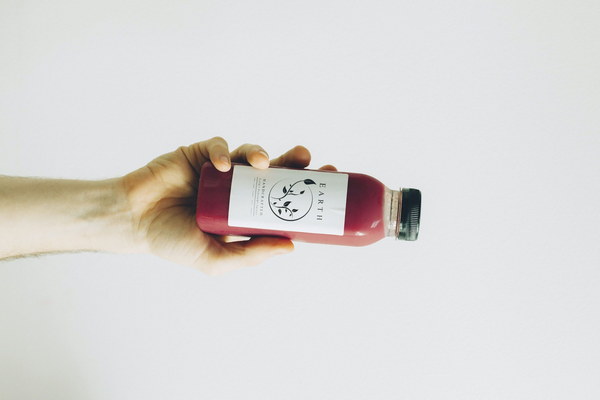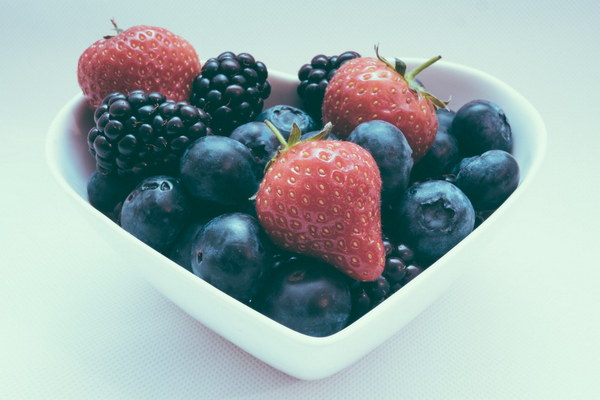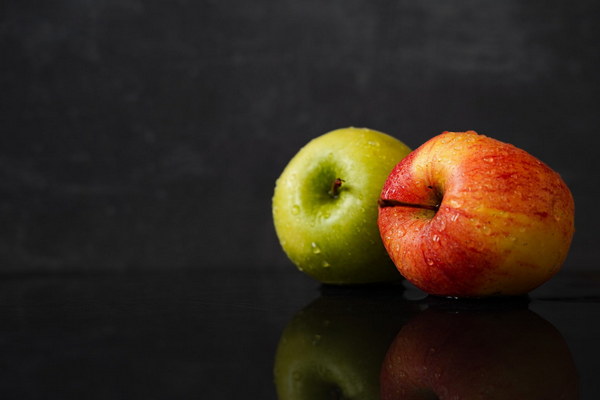Understanding the Registration Conditions for Traditional Tonics A Comprehensive Guide
Traditional tonics have been a vital part of Chinese medicine for centuries, playing a significant role in promoting health and well-being. To ensure the safety and efficacy of these products, the regulatory authorities have established specific registration conditions for traditional tonics. This article aims to provide a comprehensive guide on the registration conditions for traditional tonics, helping you understand the process and the criteria that must be met.
1. Product Classification
The first step in the registration process is to classify the traditional tonic as a Traditional Chinese Medicine (TCM) product. This classification is based on the following criteria:
- The product contains one or more traditional Chinese herbs, minerals, or animal products.
- The product has a specific therapeutic purpose or health benefit.
- The product has been used in China for at least 30 years or has been documented in ancient TCM literature.
2. Quality Control
To ensure the safety and efficacy of traditional tonics, strict quality control measures must be implemented. The following requirements must be met:
- Raw materials: The raw materials used in the production of traditional tonics must meet the requirements of the Chinese Pharmacopoeia. This includes verifying the origin, purity, and quality of the raw materials.
- Manufacturing process: The production process must be standardized and documented, with strict control over the production environment and equipment.
- Quality control: The finished product must undergo rigorous testing to ensure it meets the required quality standards, including microbiological, heavy metal, and pesticide residue tests.
3. Clinical Data
Traditional tonics must provide clinical data to demonstrate their safety and efficacy. The following requirements must be met:
- Clinical trial: A clinical trial should be conducted to evaluate the safety and efficacy of the traditional tonic. The trial should be designed in accordance with Good Clinical Practice (GCP) guidelines and involve a sufficient number of subjects.
- Data submission: The clinical trial data should be submitted to the regulatory authorities for review. The data should include information on the trial design, methodology, results, and conclusions.
- Post-marketing surveillance: After the product is approved, post-marketing surveillance should be conducted to monitor the safety and efficacy of the traditional tonic in a real-world setting.
4. Labeling and Packaging
Labeling and packaging of traditional tonics must comply with the requirements set forth by the regulatory authorities. The following criteria must be met:
- Labeling: The label must contain the following information: product name, manufacturer's name and address, ingredients, dosage, indications, contraindications, warnings, and expiration date.
- Packaging: The packaging must be designed to protect the product from contamination, deterioration, and tampering. The packaging material should be non-toxic and suitable for the product's storage and shelf-life.
5. Application Process
The application process for traditional tonic registration involves the following steps:

- Pre-application consultation: The manufacturer should consult with the regulatory authorities before submitting the application to ensure compliance with the registration requirements.
- Application submission: The manufacturer should submit a complete application package, including the product information, quality control data, clinical trial data, and labeling information.
- Review and approval: The regulatory authorities will review the application and may request additional information or conduct inspections. Once the application is approved, the manufacturer can proceed with the production and marketing of the traditional tonic.
In conclusion, the registration conditions for traditional tonics are designed to ensure the safety, efficacy, and quality of these products. By adhering to these requirements, manufacturers can provide consumers with reliable and effective traditional tonics that contribute to their health and well-being.









